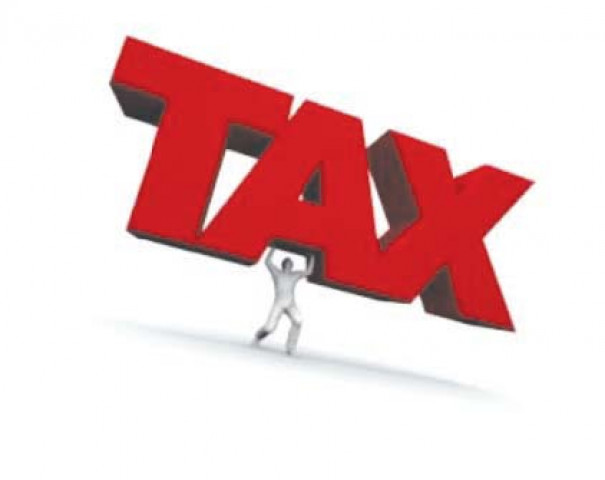Taxing the comatose economy
Owing to trust deficit, tax avoidance and evasion are on the rise

Taxing the comatose economy
Franklin D Roosevelt once said, “Taxes, after all, are the dues that we pay for the privileges of membership in an organised society.”
Every person living in the country should be contributing to the economic development by honestly paying taxes. Taxes in general provide funds to government which are spent to improve socio-economic indicators and run government machinery. Private consumption, investments and equitable distribution of wealth are some other objectives that taxes can help achieve.
The current situation in Pakistan is slippery, however. Due to increasing trust deficit between the Federal Board of Revenue (FBR) and taxpayers, incidence of avoidance and evasion is on the rise. As collections remain weak, the government struggles to generate money to run the country. The irony is that the taxpayers do not want to pay taxes because of the trust deficit. Thus, the government argues well – no money no honey. It is a kind of egg-chicken like situation.
Sadly speaking, the current tax-to-GDP ratio has been languishing below 10% since long. India has improved and its ratio has reached 16.4%, China 14.9%, Sri Lanka 14.8% and Bangladesh having the lowest of all at 8.1%.
Taxes should be equitable in the sense that the heaviest burden should fall more on the rich and incidence of evasion and avoidance is at the minimum. This is only possible when the economy has a more built-in capacity which means contribution of direct taxes (progressive or proportional) should be greater than indirect taxes (regressive).
In contrast, the current contribution of direct tax is around 39%. Indirect taxes contribute over 60% to the revenue collection. The major stumbling blocks in the way of improving direct tax collection are the increasing size of black or cash economy, leakages in tax collection, narrow tax base and politically motivated tax exemptions.
Topping the list is governance problem which has become putrid. The dogmatic position of some political parties and that of business community over the reformed general sales tax (RGST) has augmented the situation further. Its fate hitherto remains obscure.
Indeed, indirect taxes not only punish the poor the most but also stoke inflation. According to a joint study of the World Bank, IFC and PricewaterhouseCoopers, Pakistan’s ranking has slipped from 145 in 2011 to 158 in 2012 in terms of ease of paying taxes, 149 to 155 in terms of tax payments, 168 to 170 in terms of time required to comply with three major taxes.
Pakistan scores better on total tax rate (TTR) which measures the amount of taxes and mandatory contributions borne by the business in the second year of operation, expressed as a share of commercial profit. Only China scores high on the tax payment indicator.
With a narrow base and high enforcement cost, the need for additional revenues is substantial in Pakistan, but improving revenue mobilisation has importance beyond that. The role of the FBR thus is the centre of attention. Instead of undertaking piecemeal tax policy approach, the FBR should try to overhaul and modernise the existing tax administration which is free from all political influence.
Plugging leakages in the bucket can help but the FBR would need better quality buckets too.
They should fight corruption through a transparent accountability process. The FBR needs to adopt more circumspective approach in improving revenues for the government which will ease pressure on already stretched revenue resources.
The writer is the Director of SZABIST, Islamabad campus
Published in The Express Tribune, April 16th, 2012.



















COMMENTS
Comments are moderated and generally will be posted if they are on-topic and not abusive.
For more information, please see our Comments FAQ